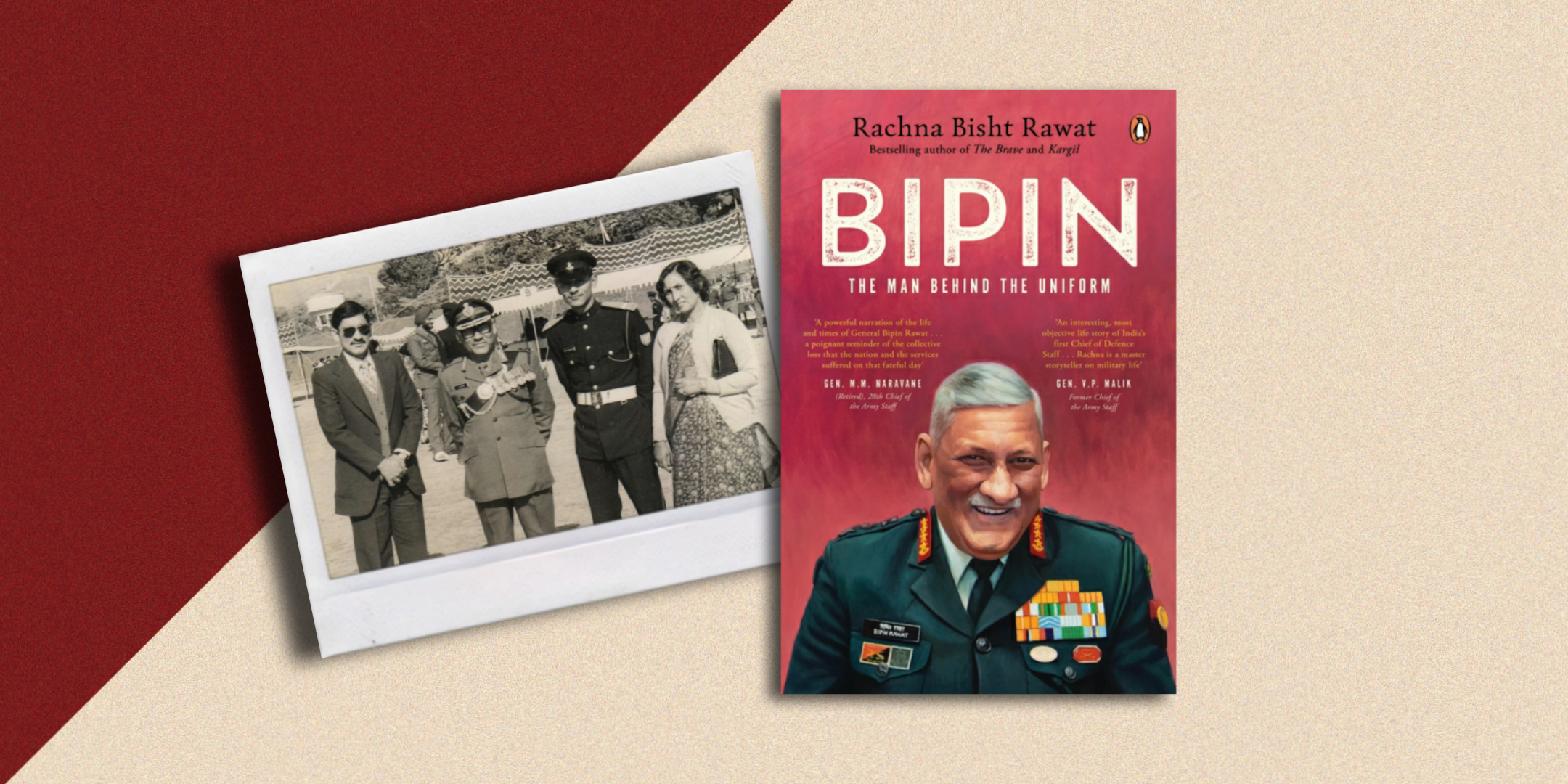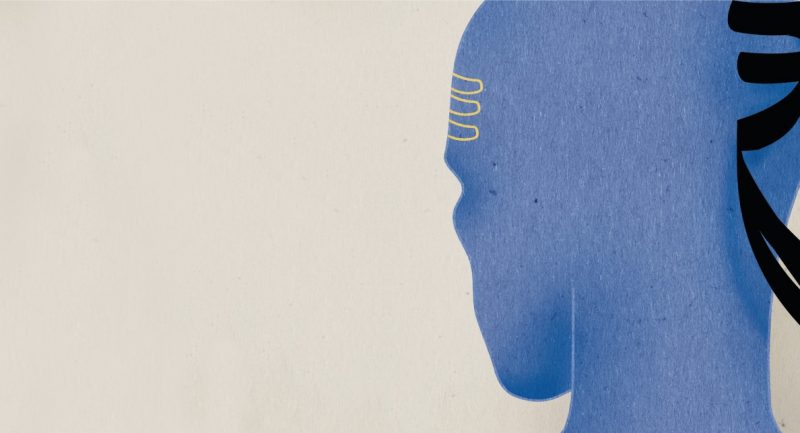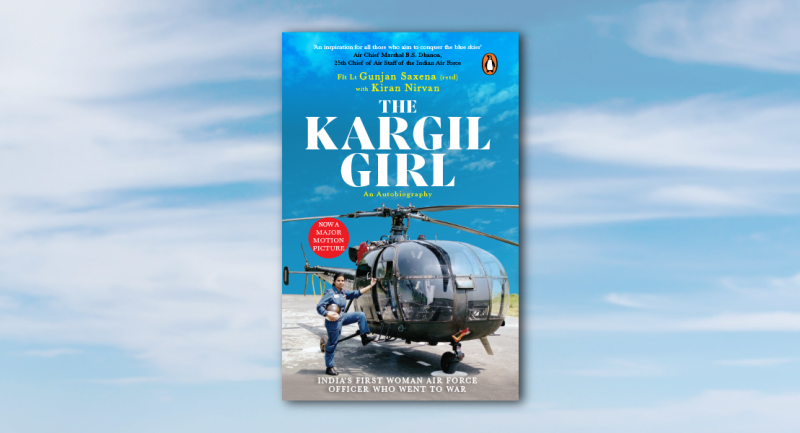
People who serve in the army are revered by us all. They fight for our security and uphold the country’s peace by staying away from their families, living in tough conditions and often, even by sacrificing their lives for the nation. But there are a few men who are remembered through generations for the decisions they made, the work they did and the way they interacted with people around them. And one such man is Bipin Rawat.
Rawat is famously known to be the Army Chief who decided India would retaliate immediately and openly to every act of cross-border terrorism. But, he’s also known as the man who was once the Major with a leg in plaster who was carried up to his company post on the Pakistan border because he insisted on joining his men for Dusshera celebrations under direct enemy observation.
Here’s an excerpt from the extraordinary life of Bipin Rawat who was happiest dancing the jhamre with this Gorkha Troops. Here, author Rachna Bisht interviews General Sharma, who reveals how Bipin Rawat received a priceless dignity from his parents.

‘Gen. Laxman Rawat was a great man,’ he says. ‘Both he and Mrs Sushila Rawat had great honour and integrity, and were almost saintly in their attitude towards life. I have served with many Generals but never felt anyone coming close to them in my entire career.’
Gen. Sharma says he never saw Gen. Rawat lose his temper. ‘He was calm, collected, focused, dedicated to his work and had an uprightness that had passed down to Bipin as well. Bipin had imbibed the culture of his parents. He displayed exactly the same moral character as his father.’
Gen. Sharma says that in the following years, when he worked closely with Bipin Rawat, he often saw reflections of the father in the son. ‘In matters of honour and integrity, Bipin was the same as his parents. They would treat anyone who approached them with respect and so would Bipin. Even when he was Vice Chief and later Chief, with a dozen important issues playing on his mind, there was never an instance of anyone having to wait for taking an appointment with him. If someone wanted to meet him, he was always available. We never heard from his office, “Chief busy hain.”’
In fact, on what was to be the last day of their lives, Gen. and Mrs Rawat were leaving their house for the airport when the recently retired Subedar Major of 5/11 GR dropped by to meet them. Despite being in a hurry, the couple stopped to talk to the SM and his wife, and took out time for a photograph as well. That remains the last picture of the couple.
Just like his father, Bipin also genuinely cared about people. ‘There were instances when Bipin would be crossing a Defence Security Corps soldier on duty and would just stop by for a moment to ask, “Haan, kya haal hai bacche? Sab theek hai (Yes, how are you, kid? Everything all right)?” A soldier limping by would catch his attention. “Kya ho gaya, langda ke kyun chal raha hai (What happened? Why are you limping)?” he would ask, genuinely concerned about the welfare of the men serving with him.
He also did not make any unnecessary demands on anyone. He would never want to disturb a senior officer on his visits, always insisting that even a soldier or a youngster could be detailed to brief him or accompany him on official assignments. He firmly believed in being accessible and letting everyone have an opportunity to speak and interact with him. He was as much a soldier’s Chief as he was an officer’s. These were the qualities he had learnt from his parents, both of whom were extremely grounded people,’ says Gen. Sharma.
Intrigued to read more? Get a copy of Rachna Bisht Rawat’s Bipin: The Man Behind The Uniform.









